John Muir Quotes for Wild Souls that Love Nature
These John Muir Quotes are perfect for anyone that loves the great outdoors.
He was a man with a deep love for the natural world, a connection that inspired throughout his entire life. Inside the front cover of his first field journal he inscribed his address as “John Muir, Earth — planet, Universe”.
John Muir, (born April 21, 1838, Dunbar, East Lothian, Scotland—died December 24, 1914, Los Angeles, California, U.S.) was a Scottish-born American naturalist, writer, and advocate of U.S. forest conservation. He was largely responsible for the establishment of Sequoia National Park and Yosemite National Park, which are both situated in California.
JOHN MUIR QUOTES
Take a look through the following John Muir quotes, find ones that speak to you and share them with others that also love and respect the natural world.
“The clearest way into the Universe is through a forest wilderness.”
“Of all the paths you take in life, make sure a few of them are dirt.”
“When one tugs at a single thing in nature, he finds it attached to the rest of the world.”
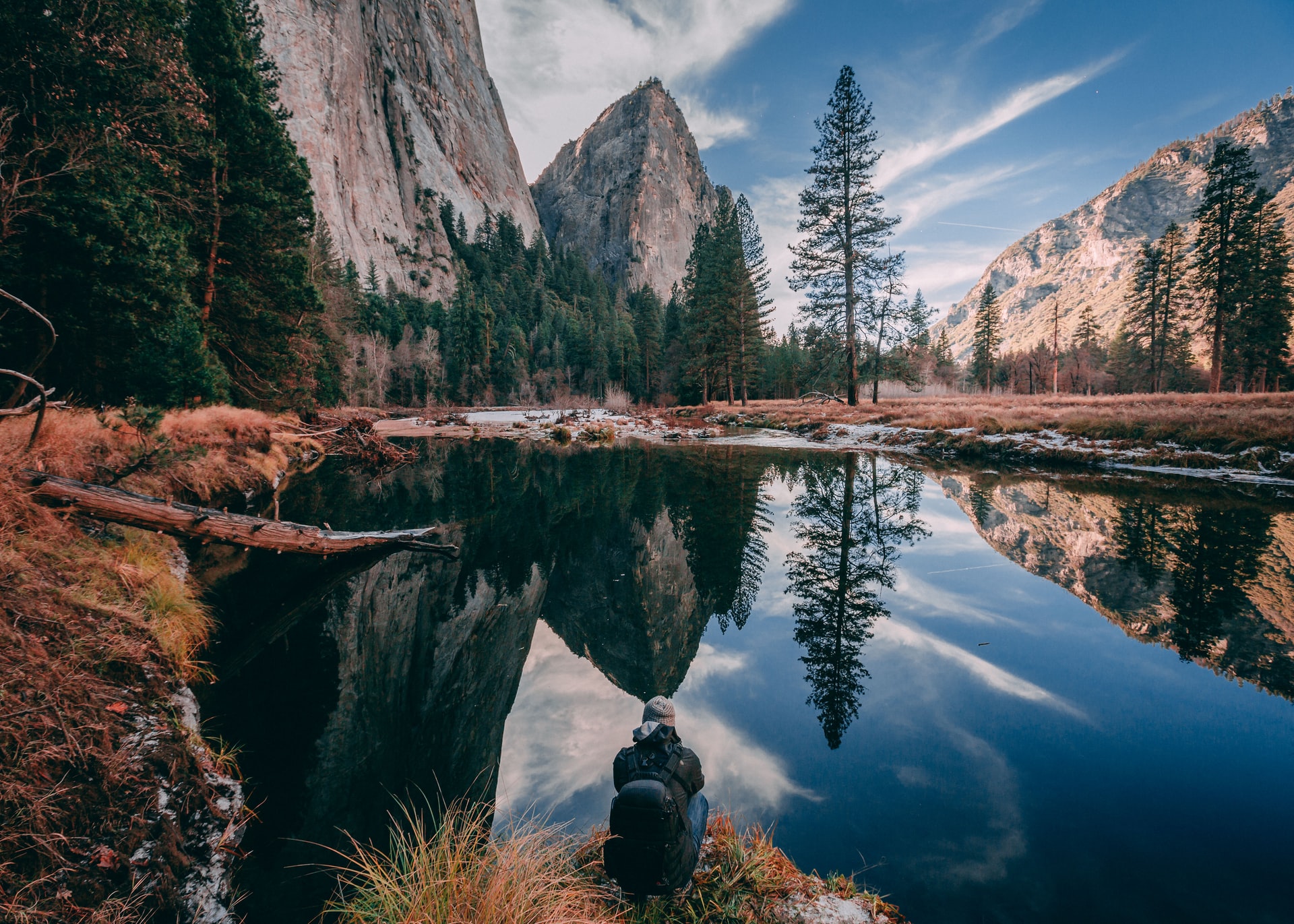
“Between every two pines is a doorway to a new world.”
“The mountains are calling and I must go.”
“Climb the mountains and get their good tidings. Nature’s peace will flow into you as sunshine flows into trees. The winds will blow their own freshness into you, and the storms their energy, while cares will drop away from you like the leaves of Autumn.”
– The Mountains of California
“When we contemplate the whole globe as one great dewdrop, striped and dotted with continents and islands, flying through space with other stars all singing and shining together as one, the whole universe appears as an infinite storm of beauty.”
“I am losing precious days. I am degenerating into a machine for making money. I am learning nothing in this trivial world of men. I must break away and get out into the mountains to learn the news”
“Thousands of tired, nerve-shaken, over-civilized people are beginning to find out that going to the mountains is going home; that wildness is a necessity”
– Our National Parks
“I don’t like either the word [hike] or the thing. People ought to saunter in the mountains – not ‘hike!’ Do you know the origin of that word saunter?
It’s a beautiful word. Away back in the middle ages people used to go on pilgrimages to the Holy Land, and when people in the villages through which they passed asked where they were going they would reply, ‘A la sainte terre’, ‘To the Holy Land.’ And so they became known as sainte-terre-ers or saunterers.
Now these mountains are our Holy Land, and we ought to saunter through them reverently, not ‘hike’ through them.”
“The world’s big and I want to have a good look at it before it gets dark.”
“In every walk with Nature one receives far more than he seeks.”
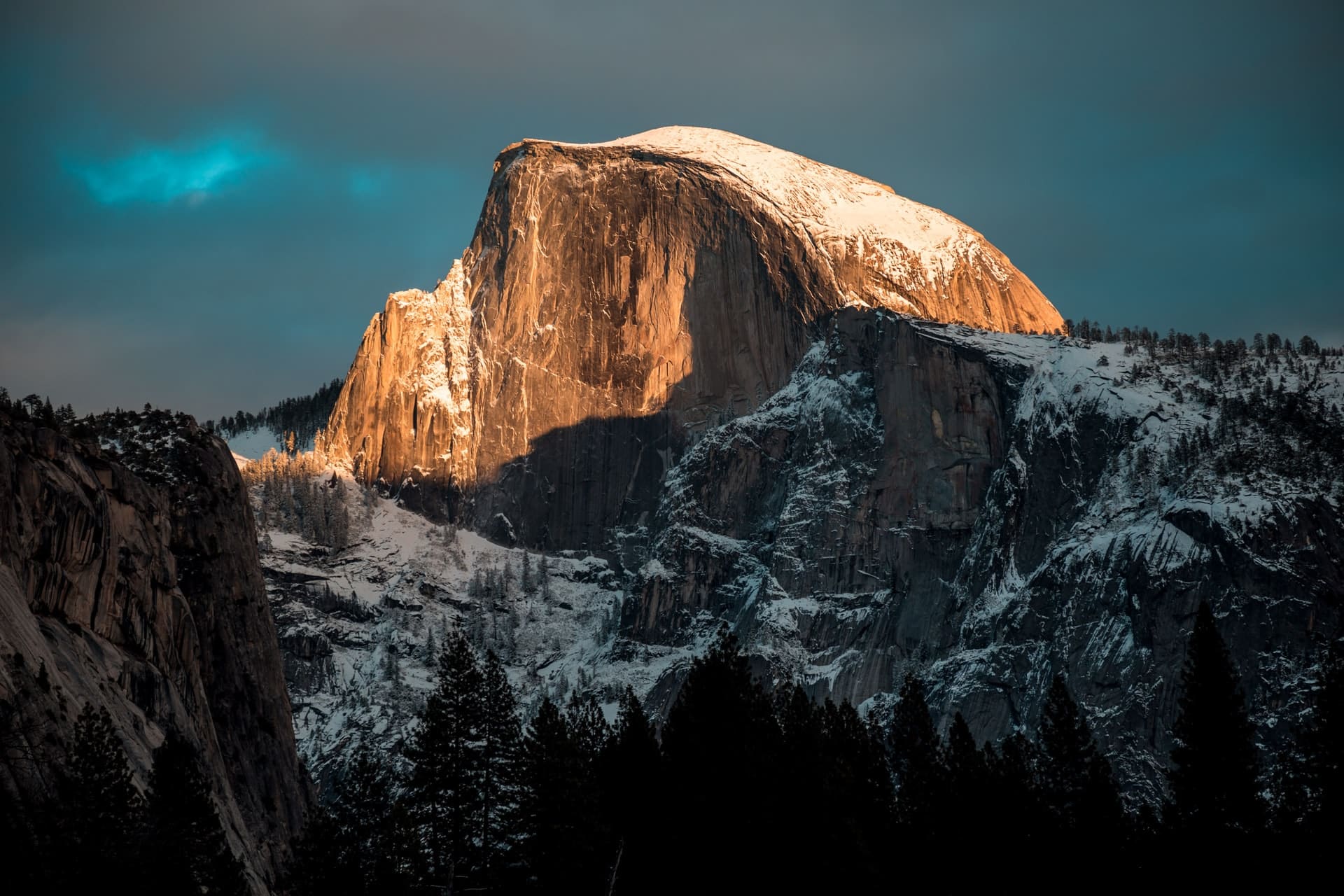
“I only went out for a walk and finally concluded to stay out till sundown, for going out, I found, was really going in.”
– John of the Mountains: The Unpublished Journals of John Muir
“The world, we are told, was made especially for man — a presumption not supported by all the facts.”
– A Thousand-Mile Walk to the Gulf
“And into the forest I go, to lose my mind and find my soul”
“As long as I live, I’ll hear waterfalls and birds and winds sing. I’ll interpret the rocks, learn the language of flood, storm, and the avalanche. I’ll acquaint myself with the glaciers and wild gardens, and get as near the heart of the world as I can”.”
“The power of imagination makes us infinite.”
“This grand show is eternal. It is always sunrise somewhere; the dew is never all dried at once; a shower is forever falling; vapor is ever rising. Eternal sunrise, eternal sunset, eternal dawn and gloaming, on sea and continents and islands, each in its turn, as the round earth rolls.”
– John of the Mountains: The Unpublished Journals of John Muir
“Handle a book as a bee does a flower, extract its sweetness but do not damage it.”
“Going to the mountains is going home.”
“We are now in the mountains and they are in us, kindling enthusiasm, making every nerve quiver, filling every pore and cell of us.”
– My First Summer in the Sierra
“Another glorious Sierra day in which one seems to be dissolved and absorbed and sent pulsing onward we know not where. Life seems neither long nor short, and we take no more heed to save time or make haste than do the trees and stars. This is true freedom, a good practical sort of immortality.”
– My First Summer in the Sierra
“Everybody needs beauty…places to play in and pray in where nature may heal and cheer and give strength to the body and soul alike.”
“On no subject are our ideas more warped and pitiable than on death. … Let children walk with nature, let them see the beautiful blendings and communions of death and life, their joyous inseparable unity, as taught in woods and meadows, plains and mountains and streams of our blessed star, and they will learn that death is stingless indeed, and as beautiful as life, and that the grave has no victory, for it never fights.”
– A Thousand-Mile Walk to the Gulf
“The sun shines not on us but in us. The rivers flow not past, but through us. Thrilling, tingling, vibrating every fiber and cell of the substance of our bodies, making them glide and sing. The trees wave and the flowers bloom in our bodies as well as our souls, and every bird song, wind song, and tremendous storm song of the rocks in the heart of the mountains is our song, our very own, and sings our love.”
“Going to the woods is going home.”
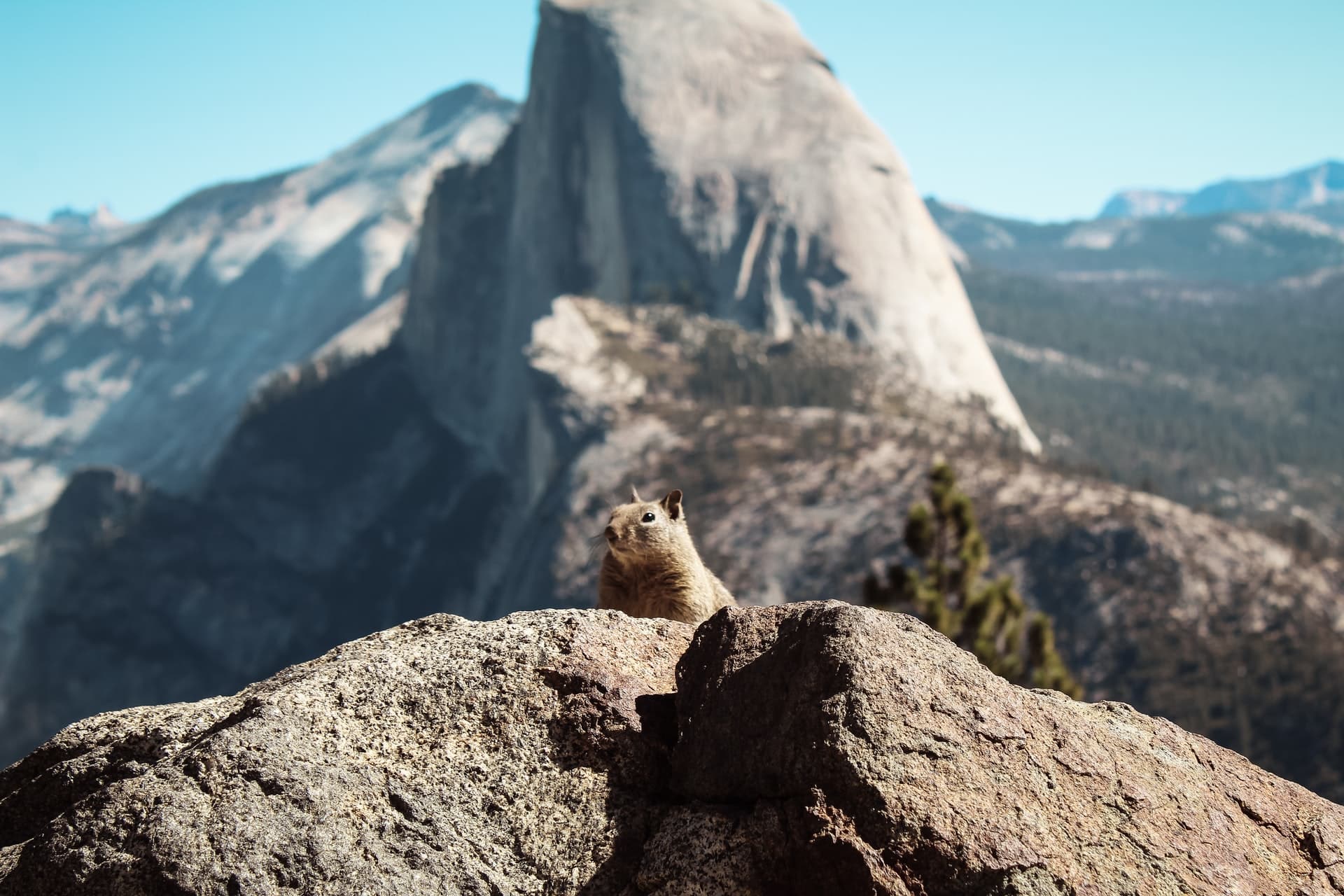
“Most people are on the world, not in it — have no conscious sympathy or relationship to anything about them — undiffused, separate, and rigidly alone like marbles of polished stone, touching but separate.”
– John of the Mountains: The Unpublished Journals of John Muir
“Another glorious day, the air as delicious to the lungs as nectar to the tongue.”
– My First Summer in the Sierra
“There is a love of wild nature in everybody, an ancient mother-love showing itself whether recognized or no, and however covered by cares and duties”
“Earth has no sorrow that earth cannot heal.”
“How glorious a greeting the sun gives the mountains!”
– The Mountains of California
“One touch of nature makes the whole world kin.”
– Our National Parks
“Everybody needs beauty as well as bread, places to play in and pray in, where Nature may heal and cheer and give strength to body and soul alike.”
“Nothing truly wild is unclean.”
– My First Summer in the Sierra
“When we try to pick out anything by itself, we find it hitched to everything else in the universe.”
– My First Summer in the Sierra
“Few places in this world are more dangerous than home. Fear not, therefore, to try the mountain passes. They will kill care, save you from deadly apathy, set you free, and call forth every faculty into vigorous, enthusiastic action.”
– The Mountains of California
“Not blind opposition to progress, but opposition to blind progress…”
“Who wouldn’t be a mountaineer! Up here all the world’s prizes seem nothing”
“Yet how hard most people work for mere dust and ashes and care, taking no thought of growing in knowledge and grace, never having time to get in sight of their own ignorance.”
– John Muir: His Life and Letters and Other Writings
“One day’s exposure to mountains is better than a cartload of books.”
“Long, blue, spiky-edged shadows crept out across the snow-fields, while a rosy glow, at first scarce discernible, gradually deepened and suffused every mountain-top, flushing the glaciers and the harsh crags above them. This was the alpenglow, to me the most impressive of all the terrestrial manifestations of God. At the touch of this divine light, the mountains seemed to kindle to a rapt, religious consciousness, and stood hushed like devout worshippers waiting to be blessed.”
– The Wild Muir: Twenty-Two of John Muir’s Greatest Adventures
“Most people who travel look only at what they are directed to look at. Great is the power of the guidebook maker, however ignorant.”
– Travels in Alaska

“We are now in the mountains and they are in us, kindling enthusiasm, making every nerve quiver, filling every pore and cell of us. Our flesh-and-bone tabernacle seems transparent as glass to the beauty about us, as if truly an inseparable part of it, thrilling with the air and trees, streams and rocks, in the waves of the sun,—a part of all nature, neither old nor young, sick nor well, but immortal.”
– My First Summer in the Sierra
“In drying plants, botanists often dry themselves. Dry words and dry facts will not fire hearts.”
“Every morning, arising from the death of sleep, the happy plants and all our fellow animal creatures great and small, and even the rocks, seemed to be shouting, “Awake, awake, rejoice, rejoice, come love us and join in our song. Come! Come!”
– My First Summer in the Sierra
“How narrow we selfish conceited creatures are in our sympathies! How blind to the rights of all the rest of creation!”
“Walk away quietly in any direction and taste the freedom of the mountaineer.”
“Wander a whole summer if you can…time will not be taken from the sum of your life. Instead of shortening, it will definitely lengthen it and make you truly immortal.”
“Only by going alone in silence, without baggage, can one truly get into the heart of the wilderness. All other travel is mere dust and hotels and baggage and chatter.”
THE LIFE OF JOHN MUIR
Early Life and Travels
Muir emigrated from Scotland with his family to a farm near Portage, Wisconsin, in 1849. In 1860 he traveled the short distance south to Madison, where he subsequently attended the University of Wisconsin until 1863.
After leaving Madison, Muir worked on mechanical inventions, but in 1867, when an industrial accident nearly cost him an eye, he abandoned that career and devoted himself to nature. He walked from the Midwest to the Gulf of Mexico, keeping a journal, A Thousand-Mile Walk to the Gulf (published posthumously in 1916), as he went.
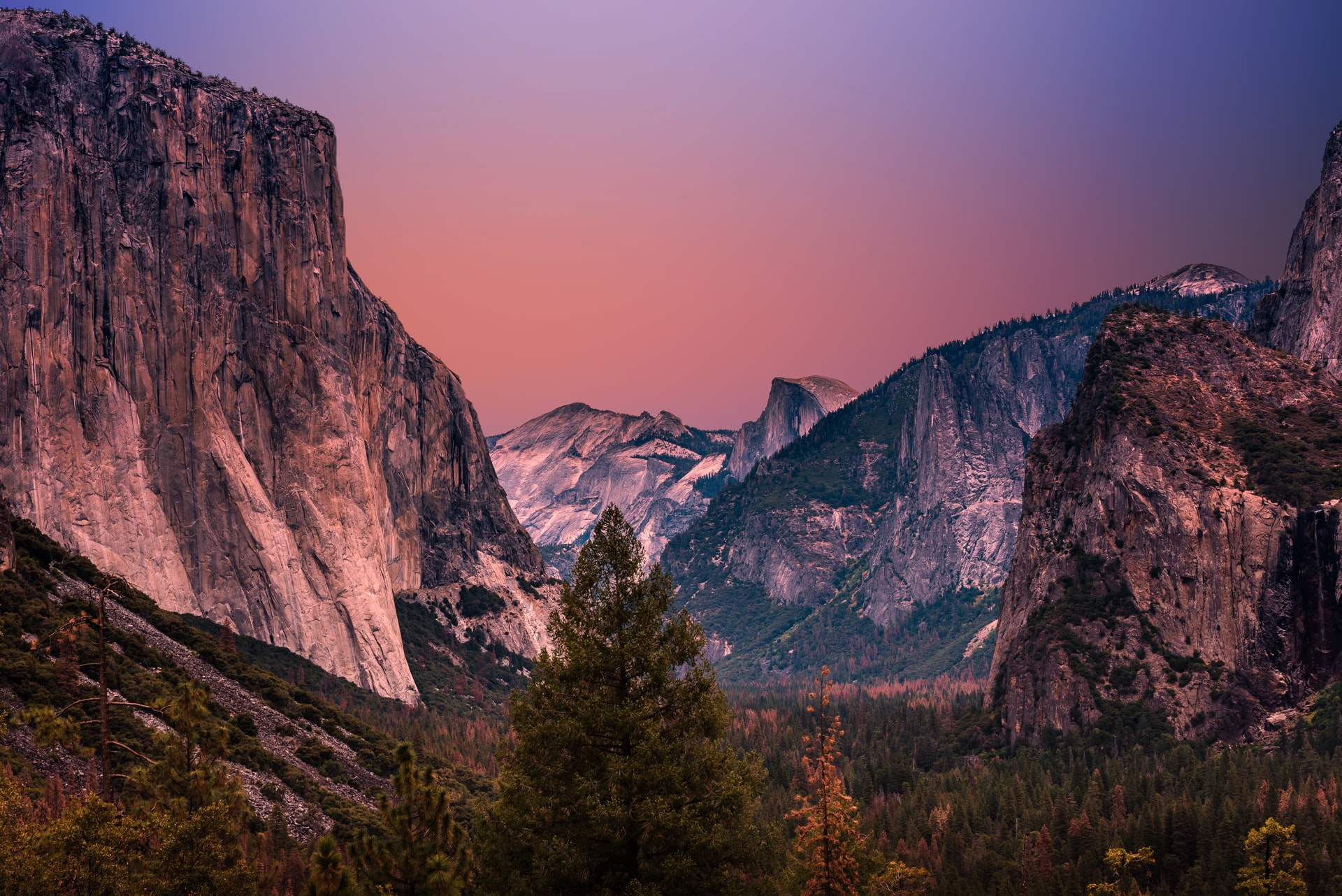
In 1868 he went to the Yosemite Valley in California. From there he took many trips into Nevada, Utah, Oregon, Washington, and Alaska, inspired by his interest in glaciers and forests. In a series of articles published in 1874–75 in the magazine Overland Monthly, Muir attributed the spectacular Yosemite formations to glacial erosion; he was the first to present this theory, which is now generally accepted.
His conviction that wilderness areas should be federally protected as national parks has given generations of U.S. citizens an opportunity to appreciate America’s landscapes as they exist naturally, in the absence of human industrial influence.
Role in Conservation and Preservation
As early as 1876, Muir urged the federal government to adopt a forest conservation policy.
He became a central figure in the debate over land use, advocating on behalf of land preservation primarily through articles published in popular periodicals, such as Atlantic Monthly, The Century Magazine, and Harper’s New Monthly Magazine (now Harper’s Magazine). Although initially finding common ground in the ideas of forest protection put forth by Gifford Pinchot, a pioneer of U.S. forestry and conservation, Muir’s views ultimately diverged.
Learn how to adventure sustainably
Whereas Pinchot supported the sustainable use of resources within national forests, Muir believed that national parks and forests should be preserved in their entirety, meaning that their resources should be rendered off-limits to industrial interests.
Although Sequoia and Yosemite national parks were established in 1890, representing a victory for environmental protection, the debate between Pinchot’s utilitarian approach to forestry and Muir’s preservationist approach was far from over.
On May 28, 1892, Muir founded the Sierra Club, an organization devoted to protecting the environment. He served as its first president, a position he held until his death in 1914. The Sierra Club Bulletin, a publication for the organization’s members, provided a vital outlet for Muir, enabling him through his writing to raise awareness of environmental issues.
Early in 1897, U.S. President Grover Cleveland designated 13 national forests to be preserved from commercial exploitation. However, business interests induced Congress to postpone the effect of that measure. Muir’s writings ultimately proved influential in swinging public opinion as well as congressional opinion in favour of national forest reservations.
Muir influenced the large-scale conservation program that was initiated by President Theodore Roosevelt, who in 1903 accompanied Muir on a camping trip to the Yosemite region. In 1908 the government established Muir Woods National Monument in Marin county, California, and in 1964 it designated his home in Martinez, California, as a national historic site. Muir’s work was also influential in the establishment of Mount Rainier National Park (1899) in Washington state and Grand Canyon National Park (1919) in Arizona.
Lasting Contributions
Muir’s enduring contributions to the conservation and preservation of America’s wilderness have been far-reaching. His conviction that wilderness areas should be federally protected as national parks has given generations of U.S. citizens an opportunity to appreciate America’s landscapes as they exist naturally, in the absence of human industrial influence.
Muir’s writings continue to serve as sources of inspiration for naturalists and conservationists in the United States and worldwide.
The Mountains of California (1894), Our National Parks (1901), and The Yosemite (1912), as well as books published posthumously, including Travels in Alaska (1915), A Thousand-Mile Walk (1916), and The Cruise of the Corwin: Journal of the Arctic Expedition of 1881 in Search of De Long and the Jeannette (1917), remain important works in the body of literature on America’s natural history.
If you enjoyed these John Muir Quotes, take a look at these climbing quotes.

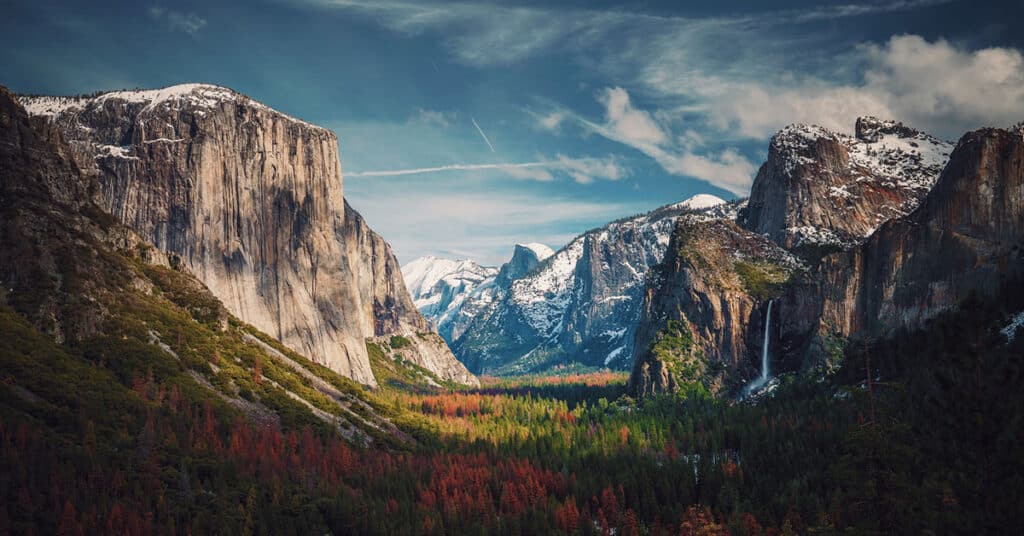
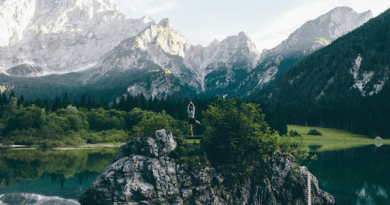
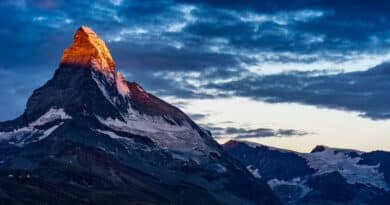
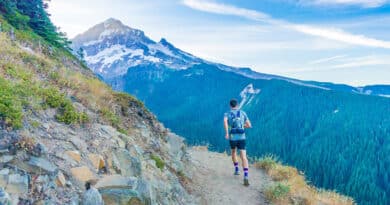
Comments are closed.